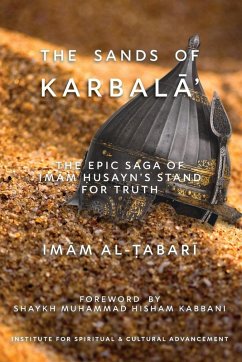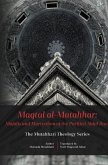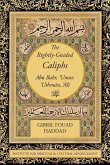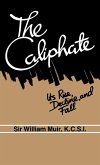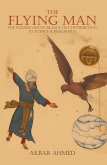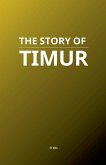This book explores in detail the tragic events of Karbala from a decidely Sunni perspective, in which Imam Husayn ibn 'Ali (¿), the grandson of Prophet Muhammad (¿), made a decisive stand opposing Yazid's rule over the Muslim world, sacrificing his own life and that of his family to uphold the cause of the Prophetic Sunnah and the rights of the People of the House (Ahl al-Bayt). This pivotal moment in Islamic history is depicted with vivid detail, and with precise narrations, highlighting the bravery and sacrifice of Imam Husayn (¿) and his supporters. The aftermath of Karbala and its profound impact on the Muslim Ummah is thoroughly examined, shedding light on the enduring legacy of Imam Husayn's martyrdom. Through a comprehensive presentation of historical sources, Imam al-Tabari offers a detailed and nuanced understanding of this troubled and critical period in Islamic history. About the Author: Im¿m Ab¿ Jäfar Mu¿ammad ibn Jar¿r ibn Yaz¿d al-¿abar¿ (224-310 AH / 839-923 CE) was one of Sunni Islam's greatest historians, exegetes, and jurists. He studied under the renowned scholars of his era in Rayy, Baghdad, Kufa, Basra, Wasit, and Egypt, receiving knowledge in hadith, fiqh (jurisprudence), Qur'anic tafs¿r (exegesis), Arabic language, and history. Among his teachers were pupils of Im¿m A¿mad ibn ¿anbal and other leading authorities of the third Islamic century. Im¿m al-¿abar¿ was a polymath, and his greatest = works are: Tafs¿r al-¿abar¿, a monumental Qur'anic commentary, combining the rigorous narration of ¿ad¿th-based tafs¿r with deep grammatical and theological insights, and T¿r¿kh al-¿abar¿, a massive work documenting the history of the world from the creation of Adam up to his own time. It is renowned for its detailed account of early Islamic history, including the Prophetic era, the Rightly-Guided Caliphs, the Umayyads, and the early ¿Abb¿sids.
Bitte wählen Sie Ihr Anliegen aus.
Rechnungen
Retourenschein anfordern
Bestellstatus
Storno

